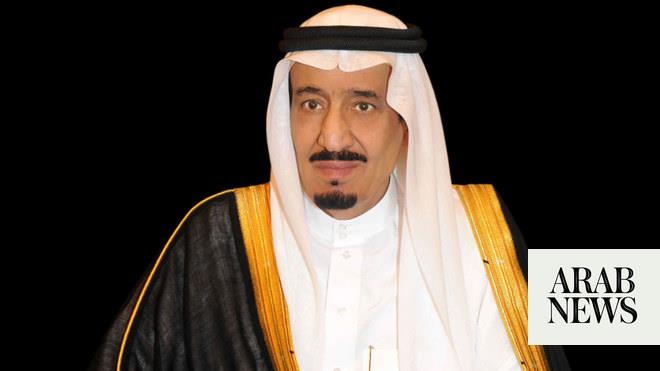
Former Sudanese judge Saif al-Dawla Hamdanallah has stated that the mechanism agreed upon in the constitutional document to appoint a head of judiciary and a public prosecutor doesn’t go in tandem with the revolution standards.
The absence of an independent judiciary during the transitional period seeks to abort the revolution, Hamdanallah noted.
Former judges refused to give up on nominating Abdelkader Mohamed Ahmed as a head of judiciary during the transitional period and threatened to take escalating procedures - which they didn’t reveal.
The Transitional Military Council (TMC) rejected to appoint Ahmed, who was agreed to be nominated by the Forces of Freedom and Change before the final singing of the constitutional document on August 17.
Judge Sheikh Hassan Fadlallah, spokesman of former judges, said in a press conference in Khartoum that the TMC – before issuing the decision to dissolve it – rejected to appoint Abdelkader due to the charges he posed to the council of committing violation during dispersing the sit-in.
Fadlallah noted that they dispatched notes to the FFC on appointing the head of judiciary and the public prosecutor, however, the legal committee that participated in formulating the constitutional document didn’t take their remarks into account.
Sheikh Hassan pointed out that the former regime still lays hands over the judiciary authority, and has further appointed new judges and promoted others in the past period to increase its power – judiciary in its current state is unqualified to play a key role in the transitional period.
African Union Special Envoy on Women, Peace and Security, Bineta Diop said that she urged Sudanese officials towards women full participation in transitional power and in all fields.






